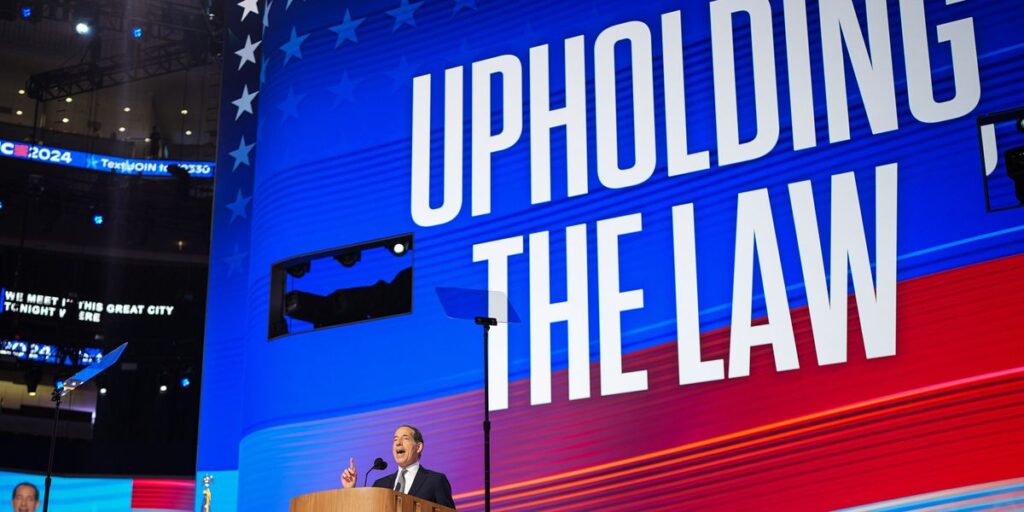President Joe Biden’s decision to pardon his son, Hunter Biden, has raised significant concerns among his Democratic allies, particularly as it contradicts their previous attempts to emphasize the impartiality of the Justice Department. Over the past two years, Democrats have frequently highlighted the prosecution of Hunter as evidence of their commitment to the rule of law, contrasting it with former President Donald Trump’s allegations of political weaponization aimed at him and his allies. They pointed to Biden’s consistent respect for the independence of the Justice Department, with representatives like Jamie Raskin and Veronica Escobar affirming the president’s lack of interference in his son’s prosecution. This narrative positioned Biden as a defender of democratic institutions, unlike Trump, who openly criticized legal actions against his associates and utilized pardons extensively before leaving office.
However, Biden’s recent remarks announcing Hunter’s pardon marked a departure from this narrative. By labeling his son’s prosecution a “witch hunt,” he not only criticized the legal actions against Hunter but also suggested that they were politically motivated, initiated by his opponents in Congress. Biden’s comments were made in the context of Hunter facing serious legal consequences for illegally possessing a firearm due to his drug addiction and for failing to meet tax obligations. Initially, Hunter Biden had reached a plea deal, but that arrangement collapsed amid Republican scrutiny, intensifying claims of political repercussions tied to his legal troubles.
The implications of Biden’s pardon extend beyond personal familial ties; they throw into question the Democrats’ commitment to the principle that “no one is above the law.” Historically, party leaders have underscored the importance of legal accountability, particularly in light of their criticism of Trump’s legal challenges, which they deemed appropriate and necessary. Yet, Republican lawmakers swiftly seized on Biden’s pardon to undercut that narrative, asking whether the same standard now applied to Hunter Biden and conveying a sense of abandonment of legal principles that Democrats had championed.
Biden’s comments regarding the motivations behind Hunter’s prosecution served to intertwine his personal and political identities, which is precarious for an administration that has sought to reinforce the independence of legal proceedings. While acknowledging his son’s struggles and the potential miscarriage of justice due to political gamesmanship, Biden’s pivot also reflects broader concerns within the Party about ensuring equitable treatment under the law. His pardon has opened a valuable window for Republicans to challenge Democratic assertions of legal integrity and evoke the specter of favoritism, undermining the previous steadfast position of party leaders.
Republican lawmakers have provocatively pointed out the contradictions in Democratic rhetoric surrounding legal accountability, prompting discussions about the consequences of the pardon on the public’s faith in the legal system. Representative Jason Crow’s remarks about how the pardon could hinder future discussions about democracy and rule of law highlight a growing unease among Democrats regarding the long-term effects of Biden’s decision. With partisan divisions in Congress as sharp as ever, the pardon could serve as a rallying point for Republican critiques centered on perceived double standards in law enforcement.
As Biden navigates the fallout from this decision, it is crucial for Democrats to reassess their messaging on legal accountability and institutional integrity. The tension between protecting family and adhering to the principles they have long championed presents a challenge for the Biden administration, influencing not only public perception but also the Party’s legislative agenda moving forward. As the implications of his choice continue to unfold, the Democratic Party must confront the complexities of upholding their values in a highly polarized political climate.

